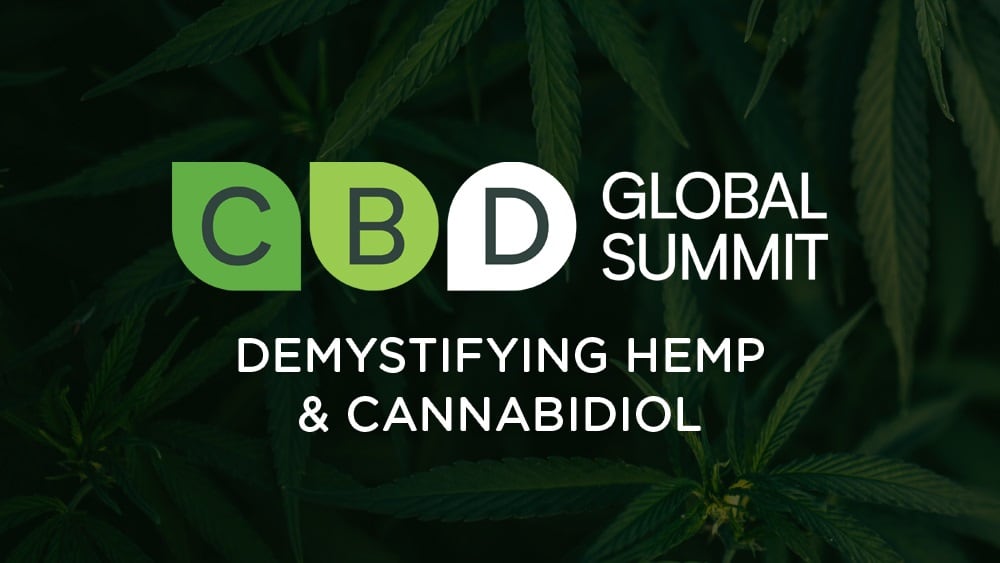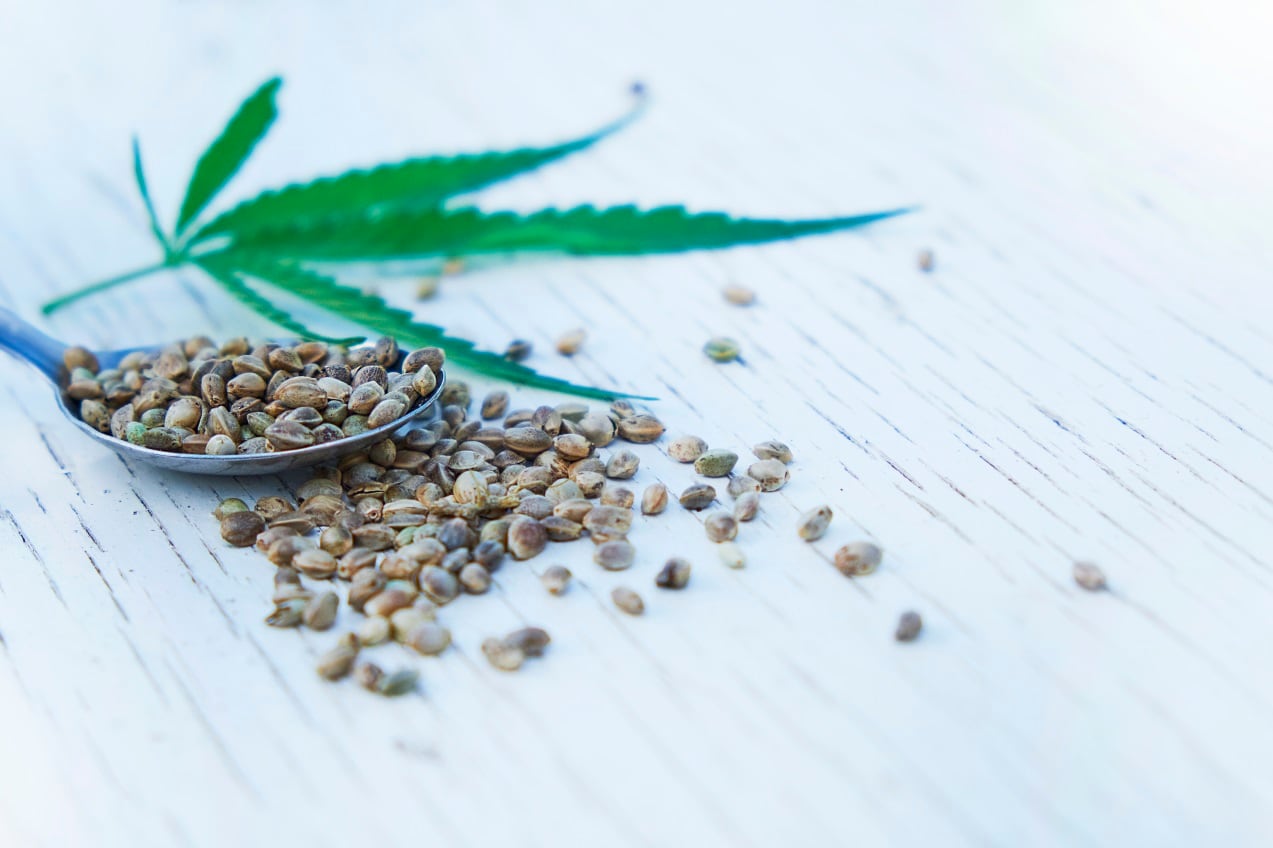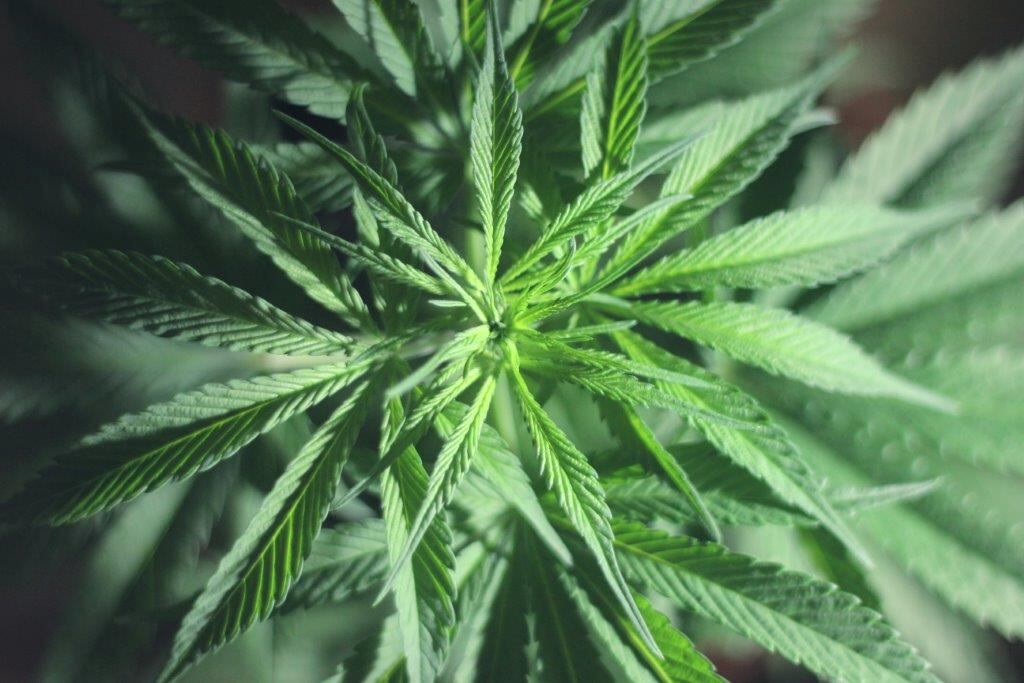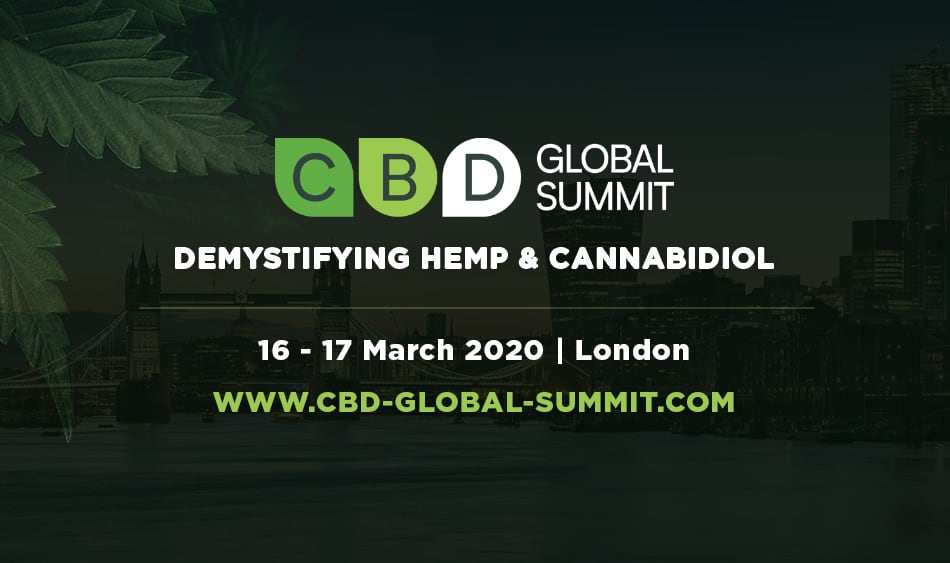Consumer interest in cannabidiol (CBD) products is spiking. According to consumer research conducted by New Frontier Data, which looked at attitudes to CBD across 17 European countries, 16% of adults in the region have used CBD products. And the trend is accelerating. The majority of people who use CBD, 58%, reported first using CBD within the past six months.
But despite growing awareness, on the whole, it seems that CBD still seems to baffle the general public.
As New Frontier’s survey revealed, while most (55%) European shoppers believe that CBD has valid medical uses there is uncertainty about potential side effects and its position within the broader hemp and cannabis market. Twenty-five percent of respondents revealed they believe CBD gets you 'high'; and 28% said they 'didn’t know' if it produces a high. (It doesn’t – CBD does not contain the main psychoactive component of cannabis, Tetrahydrocannabinol or THC.)
In an effort to tackle the ambiguity around the market, Leafreport wants to establish itself as a reputable source of CBD information for consumers. Researchers at the Israeli-based CBD specialist gathered data on 53 CBD brands and over 3500 products.
They grouped this information into seven ‘product families’ - tinctures, gummies, capsules, pet products, topicals, isolates, e-liquids & vaporizers, and bundles.
“For each product family, we calculated the average price per mg of CBD, the most common potency, the lowest and highest priced brands. Based on those calculations we calculated the price gaps,” Gans told FoodNavigator.
Discrepancy on pricing and potency
The research uncovered ‘huge discrepancies’ between prices for similar products -- including 250% among vaporizers, 1,000% between tinctures, and a staggering 3,200% overall, Gans noted.
“There's no uniformity in terms of quality, concentrations, prices or even labelling," he continued.
Tinctures, or CBD extracts in liquid medium, are a mainstay of the CBD industry and include CBD oils.
As well as a staggering 1,000% differential in price per mg of CBD in the sector, Leafreport also detected wide variations in CBD concentration levels – from 0.83 mg/mL to 450mg/mL. This obviously has significant implications for dosage levels and price is not always an indicator of strength, the researchers found.
“There is a huge variation in price and often in potency with tinctures and with any CBD liquids. In general, companies that produce higher-quality CBD are often more expensive, but as this report shows, this is not always the case.”
In edibles, or gummies, there was a less marked differential between the highest and lowest priced products – at 300% variation. “There is quite a bit of variation in how much CBD per gummy you are getting along with a huge variation in pricing,” Leafreport noted.
Gans told us that price discrepancy is the consequence of various issues, from the use of more expensive production methods to more cut-throat motives.
"Many factors drive price disparity. These include extraction methods (CO2 extraction is more expensive than the traditional ethanol extraction); organic status; third party testing costs... [and] farming methods. Are the farms using organic, sustainable farming techniques? Are they using fertilizers (natural or chemical)? Are they larger farms or smaller farms? How do they test for pesticides and heavy metals? How many pesticides and heavy metals do they test for?"
However, he added, 'weed greed' is also an issue - and it is very difficult for consumers to tell the difference between products where higher costs justify a price premium and those that do not.
An 'educated consumer' is essential
These wide variations are important to the nascent CBD market because they could serve to undermine confidence in a budding sector where consumer confusion is already a threat.
As New Frontier’s consumer survey highlighted, while nearly half of consumers in Europe reported having a ‘positive impression’ of the ingredient, 60% of people don’t know if CBD is legal in their country. Perhaps this is unsurprising given the regulatory cloud hanging over the ingredient.
In the European Union CBD falls under the Novel Food regulation, meaning it requires pre-market authorisation. However, some industry bodies and CBD manufacturers argue that factors like the process of extraction determine whether it was used in the EU before 1997, when the novel food regulation came into force, and is therefore exempt from novel food rules. To complicate matters further, the novel food register is not legally binding and each EU member state can take an alternative position
Such lack of clarity on basic issues can only be compounded by a lack of standardisation on quality, concentration and price. Indeed, Gans suggested, the situation makes it almost impossible for newcomers to the category to ‘shop wisely’.
"With the industry growing at such a rapid pace, an educated consumer base is absolutely vital," Gans explained. "Transparency and the hunt for the truth has to come above everything else."
FoodNavigator is co-hosting a two day CBD Global Summit in London, 16-17 March 2020. The event will bring together the science, business and regulation governing CBD to look at how businesses can unlock this important market opportunity.
For more details, to check out our advanced programme, and view confirmed speakers, visit the CBD Global Summit website.




